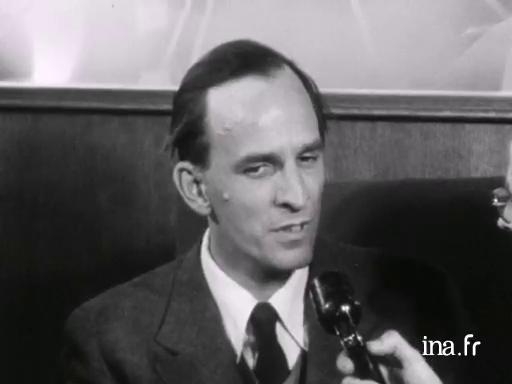Ingmar Bergman interview

Information
Ingmar Bergman answers André Parinaud's questions on the theatre and film directors he admires, the French plays he'd like to stage, the differences between directing plays and films and the despair that haunts his earliest films.
Context
Known in France for his 1950s films (Eternal Mirage, Smiles of a Summer Night, The Seventh Seal and Brink of Life were presented in competition at the Cannes Festival), Sweden's Ingmar Bergman (1918-2007) started his career as a screenwriter 10 years before becoming a filmmaker, which he remained until the 2000s.
Malmö's theatre director from 1953 to 1960, and also Stockholm's theatre director thereafter, he staged The People of Värmland there in 1958, an emotional reminder of his childhood Christmases. This quality Romeo and Juliette signed by Fredrik August Dahlgren tells the story of the destinies of two peasant families, one rich, one poor. In 1959, Bergman comes to France to present this "saga", with a troupe of actors that are somewhat familiar to film buffs since they include Bibi Andersson, Max von Sydow and Gunnel Lindblom.
When asked about his tastes as far as French theatre is concerned, he reminds us that he staged Molière (The Misanthrope), Albert Camus (Caligula) and even Jean Anouilh (Medea). Even if there's a clear line between his stage directing activities (his work) and his film-making (his passion), he sums up his quest in both domains: "Telling the truth about the human condition".





















